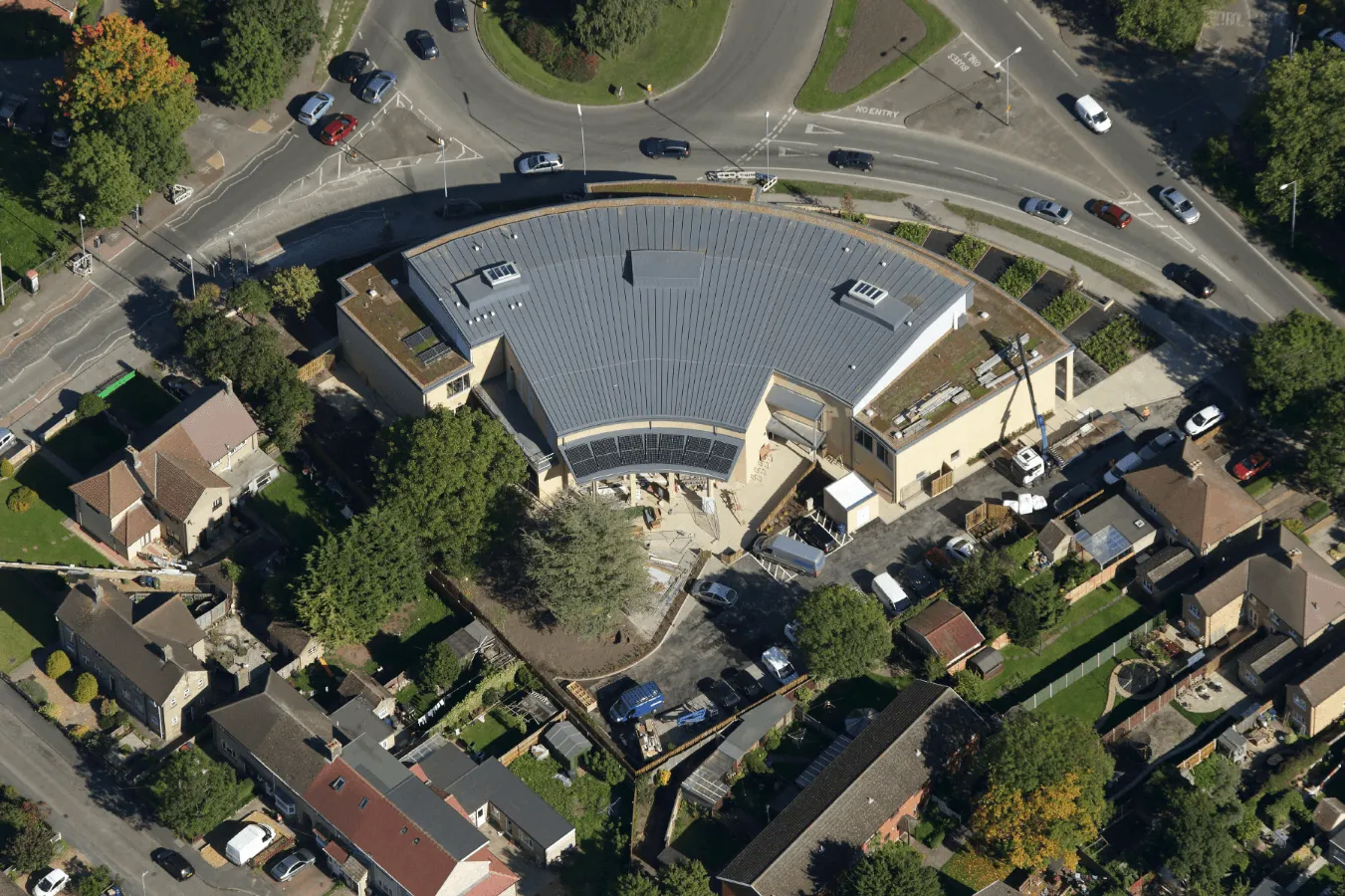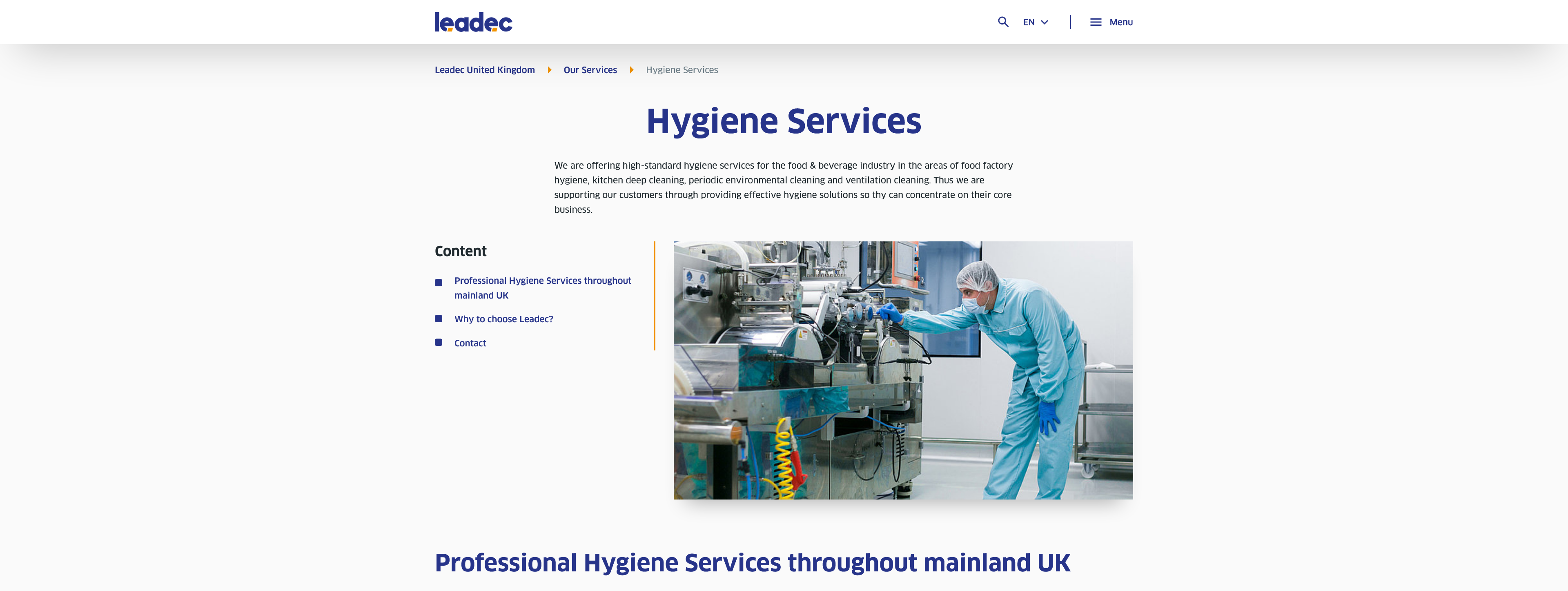Don’t Buy A Business
In this must-watch video, on Don’t Buy A Business, we dive into the critical mistake many aspiring business owners make: purchasing a business without truly understanding its worth.
“Don’t Buy a Business” isn’t just a cautionary statement—it’s a gateway to unlocking the secrets of successful business acquisitions, all condensed into a lightning-fast 60 seconds video.
Prepare to navigate away from the nightmares of funding failures and deal disasters that plague the unprepared.
Why Watching This Video is a Game-Changer:
Unlock the Secret to Success: Discover the pivotal knowledge that separates successful acquisitions from costly mistakes.
Understand True Business Value: Learn why knowing the exact value of a business is not just important—it’s essential for planning your funding strategy and deal structure. Avoid losing time, energy, effort, and potentially millions in value by understanding one crucial fact.
Precision Over Guesswork: We debunk the myths of estimated values and EBITDA guesses, guiding you towards a clear, precise, and accurate business valuation. Our method is rooted in recognized valuation metrics, offering you a document that tells the unvarnished truth about what a business is genuinely worth.
Strategic Offer Structuring: With a solid understanding of a business’s worth, you’re equipped to structure your offer confidently. Learn how to approach your acquisition strategy with the assurance that it’s the right step for you.
Exclusive Insight: Follow the link below to access our in-depth valuation model, which reveals exactly what you need to know. From specific valuation metrics to key funding ratios, we lay bare the true value of a business—now and in the future. Embark on your acquisition journey with the right knowledge at your fingertips. Whether you’re a seasoned entrepreneur or stepping into the world of business ownership for the first time, this video is your first step towards a successful, informed purchase.
Don’t risk months of negotiations and potential deal-breaking disappointments with funders. Get the groundwork done first, and move onwards and upwards with confidence. Don’t delay your success story. Click the link below to unlock the secrets to successful business acquisitions and ensure your next move is not just a step but a leap in the right direction.




